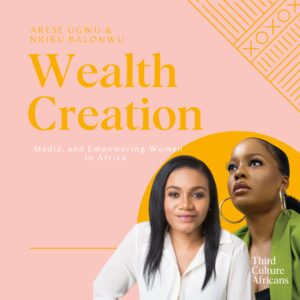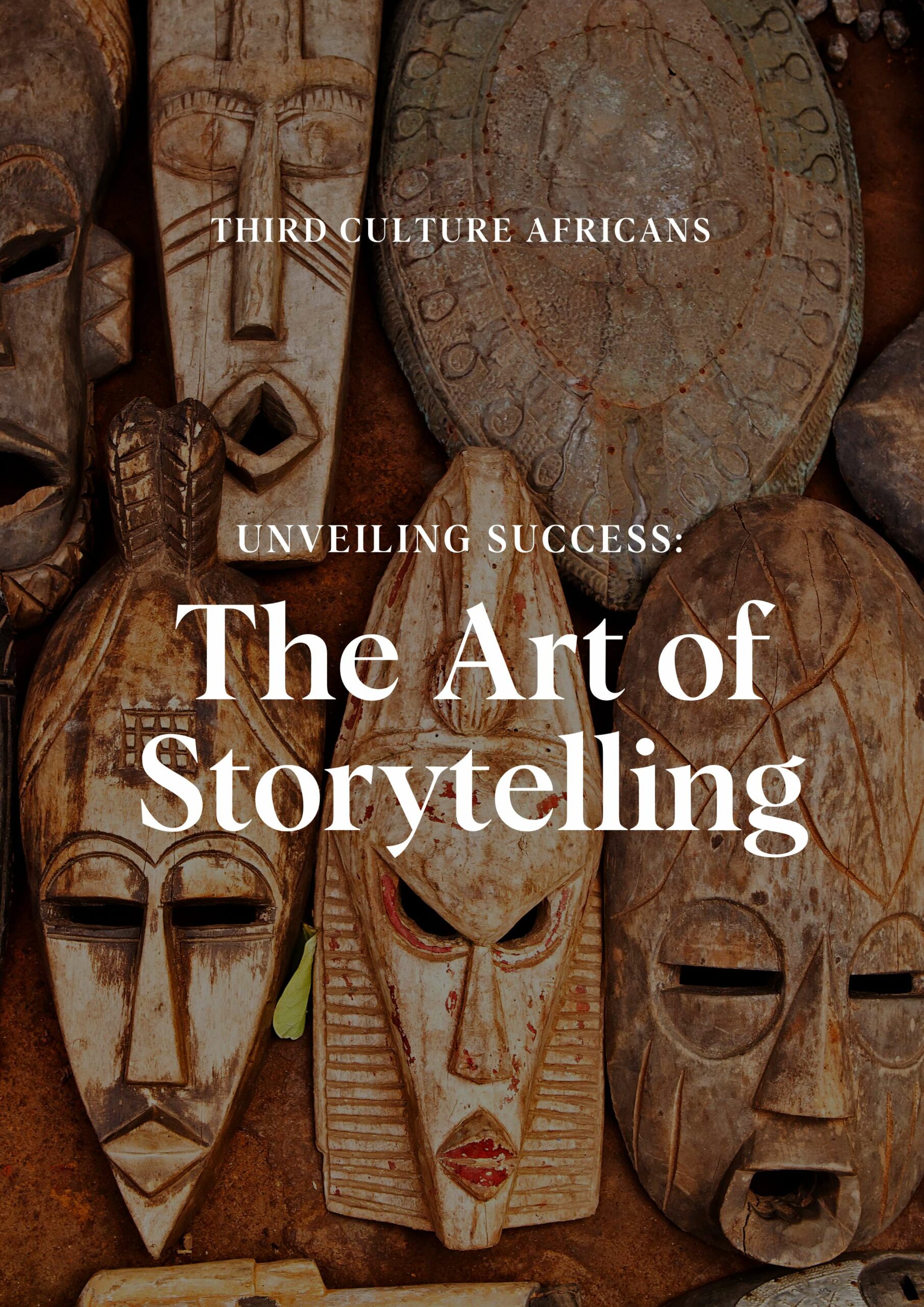In an increasingly interconnected world, storytelling emerges as a profound tool for cultural exchange and understanding. “The Power of Worldly Stories: Connecting Cultures Through Narrative” delves into the pivotal role narratives play in bridging diverse communities and fostering empathy. Throughout history, stories have transcended geographical boundaries, offering insights into the customs, beliefs, and experiences that shape various societies. They serve not only as a means of entertainment but also as vehicles for education and enlightenment, enabling individuals to step into the lives of others and appreciate differing perspectives. By examining a myriad of narratives—from ancient fables to contemporary literature—this article highlights how stories encapsulate the essence of human experience, revealing universal themes of love, struggle, and resilience. As cultural artifacts, these tales are essential in preserving heritage while simultaneously encouraging dialogue among disparate groups. In doing so, they create spaces for reflection and connection, emphasizing the shared humanity underlying our differences. Through a thoughtful exploration of storytelling, this discourse aims to underscore the transformative power of narratives, illustrating their ability to unite people across cultures and generations in a shared journey of understanding and respect.
Narrative as a universal connector across diverse cultures.
Narratives serve as a vital thread that intertwines the experiences and values of diverse cultures, allowing individuals to transcend geographical and linguistic barriers. Through stories, communities convey their histories, beliefs, and moral lessons, fostering a sense of shared identity and understanding. This commonality found in storytelling provides a platform for empathy, enabling people from different backgrounds to relate to one another’s struggles, aspirations, and triumphs. As tales are passed down through generations, they not only preserve cultural heritage but also invite dialogue and reflection, enriching the human experience across various contexts.
Moreover, the structure of narratives often embodies universal themes, such as love, loss, conflict, and redemption, which resonate with audiences irrespective of their cultural origins. This intrinsic connection facilitates a collective exploration of the human condition, helping individuals to recognize their own stories within those of others. As societies become increasingly interconnected, the role of narrative as a bridge for cultural exchange becomes even more pronounced, fostering mutual respect and collaboration in an ever-evolving global landscape.
Through the act of storytelling, literature serves as a vital conduit for sharing experiences across generations, providing a sense of continuity and connection.
Stories foster empathy and understanding among different communities.
By engaging with narratives from various cultures, individuals are exposed to viewpoints and experiences that may differ significantly from their own, thereby challenging preconceived notions and stereotypes. This process encourages a deeper appreciation of the nuances that shape different communities, fostering a climate of respect and tolerance.
Furthermore, storytelling workshops and community storytelling events often serve as platforms for dialogue, where participants not only share their own tales but also actively listen to others. This exchange creates a safe space for vulnerability and authenticity, allowing individuals to uncover common ground amidst their differences. Ultimately, the act of sharing and receiving stories nurtures a sense of interconnectedness, empowering communities to build bridges and forge lasting relationships rooted in mutual empathy and understanding.
Worldly tales enrich cultural identities and heritage.
Worldly tales serve as vital conduits for the transmission of cultural identities and heritage, encapsulating the values, beliefs, and traditions intrinsic to various communities. Through oral histories, folklore, and literary narratives, these stories preserve the collective memory of civilizations, allowing generations to connect with their past while also fostering a sense of belonging. As individuals engage with these narratives, they not only gain insight into the struggles and triumphs of others but also reflect on their own cultural backgrounds, reinforcing their identity and sense of self.
Moreover, the richness of these tales often lies in their ability to evolve while retaining core elements of their origin. This adaptability enables cultural expressions to remain relevant in contemporary settings, bridging the gap between the past and the present. By celebrating diverse narratives, societies can cultivate a shared appreciation for their multifaceted identities, promoting a deeper understanding of one another. In this way, worldly tales become essential threads that weave together the fabric of multicultural societies, enriching the human experience and enhancing the dialogue between different heritage narratives.
Folklore and myths reflect societal values and beliefs.
Tales of folklore and myth serve as reflections of the values and beliefs held by different societies, embodying moral lessons and societal norms that guide behavior and decision-making. These narratives often encapsulate themes of heroism, sacrifice, and justice, illustrating what communities consider virtuous or reprehensible. As such, they function not just as entertainment but as essential frameworks for understanding and navigating the complexities of human experience. The characters that populate these stories, whether they are gods, heroes, or everyday people, often personify the ideals and ethical dilemmas faced by their cultures, providing a mirror in which societal values are both challenged and affirmed.
In addition, the contexts in which these myths and folktales are told illuminate the historical circumstances and cultural dynamics that shape them. As societies undergo transformations—be it through technological advancements, migration, or shifts in social structures—their narratives adapt accordingly, reflecting contemporary issues while retaining their foundational principles. This dynamic interplay between tradition and change underscores the importance of folklore and myths as living archives of human ideology, continually shaping and reshaping the beliefs and values that define a community’s identity.

Check Out Our Podcast!
Literature bridges gaps between generations and experiences.
Through the act of storytelling, literature serves as a vital conduit for sharing experiences across generations, providing a sense of continuity and connection. Older narratives, steeped in tradition, resonate with contemporary audiences, allowing individuals to glean insights from the past while reflecting on their own circumstances. This interplay between historical context and modern interpretation fosters a rich dialogue about identity, resilience, and the human condition, demonstrating that the lessons of yesteryear remain relevant today.
Moreover, literature empowers individuals to explore perspectives beyond their own lived experiences, effectively breaking down barriers of understanding. When readers engage with diverse characters and settings, they are invited to empathize with lives that differ markedly from their own. This capacity for empathy enriches the reader’s worldview, instilling a recognition of shared humanity despite varying backgrounds. In this way, literature not only bridges generational gaps but also cultivates a deeper appreciation for the myriad experiences that shape collective existence.
Oral traditions preserve history and communal knowledge.
Oral traditions serve as a crucial mechanism for the transmission of history and communal knowledge, encapsulating the values, beliefs, and experiences of a culture through generations. This dynamic form of storytelling not only preserves significant historical events but also reinforces social norms and collective identity within communities. By reciting tales that reflect their unique heritage, individuals contribute to a shared understanding of their past, enabling the community to maintain a cohesive narrative amidst the passage of time. The act of storytelling itself becomes a communal ritual, fostering a sense of belonging and continuity as members participate in the collective remembrance of their ancestors.
In addition to safeguarding history, oral traditions also act as repositories of wisdom, offering insights that are often overlooked in written records. Elders, as the custodians of these narratives, impart lessons that encompass not only survival skills and cultural practices but also moral guidance and ethical frameworks. This transmission of knowledge through storytelling allows for the adaptation of communal values to contemporary challenges while ensuring that the essence of cultural identity remains intact. As a result, oral traditions not only preserve the past but also empower future generations to navigate their realities with a profound understanding of their roots.
Modern narratives influence global perspectives and dialogues.
Modern narratives serve as powerful tools that shape global perspectives and facilitate international dialogues, reflecting the interconnectedness of contemporary society. Through various mediums such as film, literature, and digital platforms, these narratives transcend geographical boundaries and cultural barriers, allowing diverse voices to share their stories with a broader audience. They play a pivotal role in fostering empathy and understanding among individuals from different backgrounds, prompting discussions that challenge stereotypes and promote inclusivity. By highlighting shared human experiences and struggles, modern narratives encourage a more nuanced appreciation of cultural differences.
Moreover, these narratives significantly contribute to the discourse surrounding critical global issues, such as climate change, social justice, and human rights. They can mobilize communities and inspire action by resonating with audiences on an emotional level, fostering a sense of urgency and collective responsibility. In a world marked by division and conflict, the ability of modern narratives to connect individuals and communities encourages collaborative solutions and promotes a shared vision for a sustainable future. As such, the dialogue cultivated through these stories not only enriches cultural exchanges but also empowers individuals to become active participants in global conversations.
Storytelling fosters collaboration and mutual respect among cultures.
Through the art of storytelling, cultures can engage in meaningful exchanges that enhance collaboration and mutual respect. When individuals share their stories, they invite others to see the world from their perspective, bridging gaps that may otherwise exist. This exchange not only highlights unique cultural heritages but also uncovers common threads of humanity, allowing for a deeper understanding of different traditions, values, and beliefs. As narratives circulate among diverse communities, they create opportunities for dialogue that prioritize listening and learning, ultimately fostering a sense of solidarity and cooperation.
By celebrating the richness of collective experiences, storytelling serves as a catalyst for cross-cultural partnerships. When people from various backgrounds come together to share their stories, they build trust and establish connections that transcend superficial differences. This collaborative spirit encourages individuals to approach each other with open minds and hearts, recognizing the inherent worth in every narrative. In this way, storytelling becomes a vital mechanism for cultivating respect and appreciation, empowering communities to work together toward shared goals while remaining anchored in their unique cultural identities.
In conclusion, the exploration of worldly stories reveals their profound ability to connect diverse cultures through the shared experience of narrative. By transcending geographical and linguistic barriers, these stories foster understanding, empathy, and appreciation among individuals from varying backgrounds. As societies continue to navigate the complexities of globalization, the lessons embedded within these narratives serve as vital tools for communication and unity. Ultimately, the power of storytelling not only enriches cultural exchange but also reinforces the fundamental human experiences that bind us all together, reminding us that, despite our differences, we share a common narrative thread.


